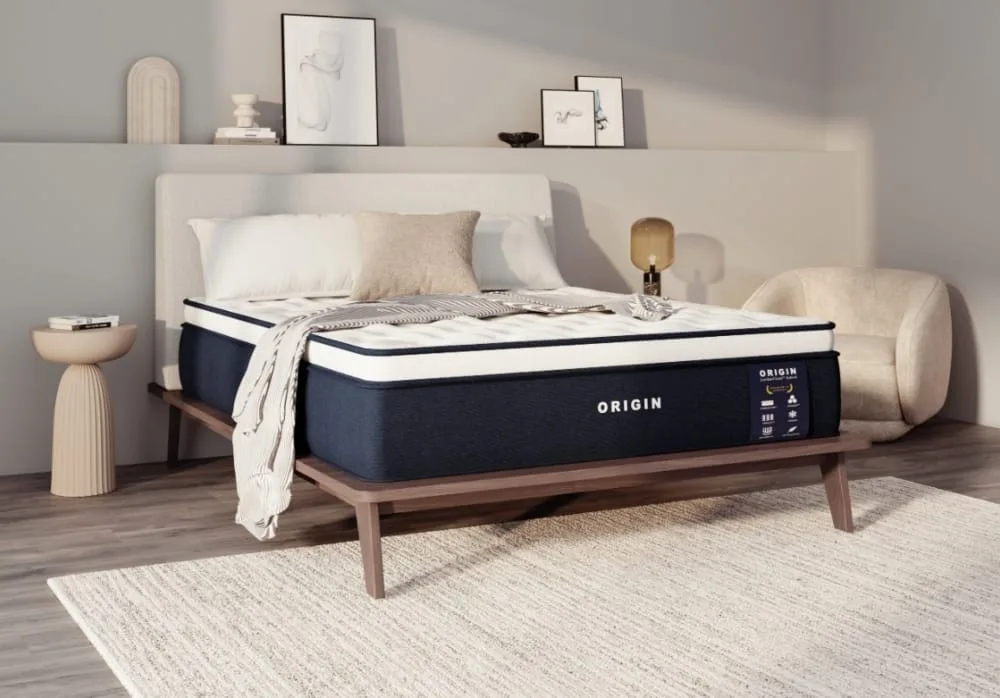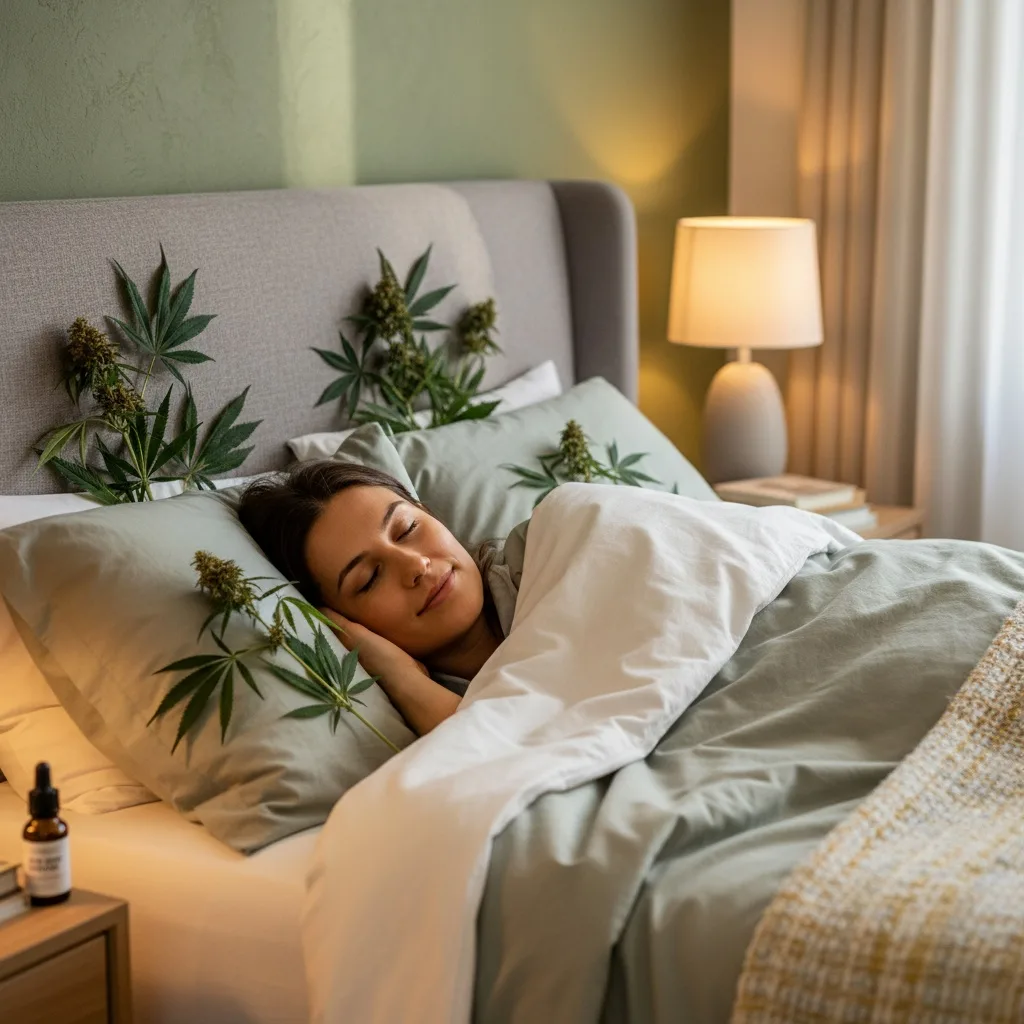As sleep science advances and new studies are being conducted, interesting facts are revealed. Chances are you ignored quite a few, and, thus, missed out on many health and wellness benefits. We’ve compiled a list of sleep facts and findings that we consider important and interesting below. Don’t hesitate to share your thoughts and experiences!

1. Sleep Loss Negatively Influences Generosity
Not 1 but 3 studies concluded that insufficient sleep (both quality and quantity) reduces people’s desire, willingness, and efforts to help others and support various altruistic causes. Research showed that individuals affected by sleep loss tend to withdraw their help to other individuals, to groups they used to or were likely to support, and even to large-scale societies. Therefore, if you or those around you seem less altruistic these days, some quality sleep may help turn things around.
2. Better Sleep Quality Induces Better Quality of Life
Researchers recently concluded that better sleep equals better quality of life. The study published in March 2023 is not really sleep news but showed that when and how long we sleep matters more than we care to admit. Subjects who sleep better enjoy a better quality of life. Moreover, improving our sleep could be key to improving our quality of life. It seems to have worked for 4,253 people surveyed over a period of three years, so it’s definitely worth a test, don’t you think?
3. 7 Hours of Night Sleep Is the Norm – Middle-Aged Adults Sleep the Least
A study published in December 2022 and involving 730,187 participants spread over 63 countries revealed that:
 People sleep an average of 7.01 hours/night
People sleep an average of 7.01 hours/night- Women tend to sleep 7.5 minutes more than men
- Young adults (19-33) sleep the most
- Sleep duration tends to decline in adults in their 20s and early 30s
- Adults aged between 33 and 53 sleep the least, likely due to work and childcare
- Europeans sleep the most while Asians sleep the least
- Sleep duration only impacts online navigation abilities in older adults (54-70 years of age)
4. Spinal Cord Stimulation May Help with Insomnia
A study published in January 2023 by the Stereotactic and Functional Neurosurgery journal found that spinal cord stimulation, increasingly used to relieve chronic pain, may also help improve insomnia, determining minor but important improvements in severity index outcome measurements. While it’s definitely good sleep news, further studies on spinal cord stimulations risks and benefits are necessary.
5. Physical Activity Helps Improve Sleep
This finding may not be new but it confirms an important fact: switching from a sedentary lifestyle to one that includes moderate-to-intense physical exercise helps to improve sleep quality, especially in women. This opens new perspectives worth looking into, like including physical activity in sleep-related disorders prevention plans. If your sleep quality leaves room for improvement, you should be even more motivated to work out regularly!
6. Politics and Elections Reduce Sleep
Specialists analyzed how the 2020 U.S. elections impacted sleep. They found that all subjects in general and especially U.S. subjects saw a significant reduction in sleep amount and quality. Their levels of stress, negative affect, and alcohol consumption increased. The worst effects were noticed on Election Day and Night. You can’t control politics and elections but there are easy things you can do to minimize their impact on your well-being, like:
- Watch TV less
- Surround yourself with people unlikely to talk politics
- Listen to your favorite music
 Take long walks in nature (beach, quiet parks, outskirts)
Take long walks in nature (beach, quiet parks, outskirts)- Read a book
- Watch a movie
- Play sports
- Try to avoid alcohol
- Engage with people and in activities that help you relax and feel better in general
7. Use of Digital Media Negatively Impacts Sleep
Science is only now beginning to closer investigate the impact of digital media on health and well-being. Unfortunately, the news is not encouraging, especially as far as late teenagers and young adults aged 16-25 are concerned. A recent systematic review associated the use of digital media with delayed bedtime, early awakening, daytime tiredness, sleep deficit, and poor sleep. Specialists warn about the importance of raising awareness of these negative effects and taking measures to prevent them.
8. Mattress Performance and Comfort Determines Sleep Quality
What we all knew has finally been confirmed by recent sleep news: the mattress your sleep on significantly influences your sleep quality. Mattresses with increasing firmness from top to bottom have a decompression effect and achieve higher comfort scores. They also facilitate better sleep quality. Therefore, when you choose your mattress, make sure to pay special attention to layers, firmness, pressure relieve and comfort!











Leave a Reply
View Comments